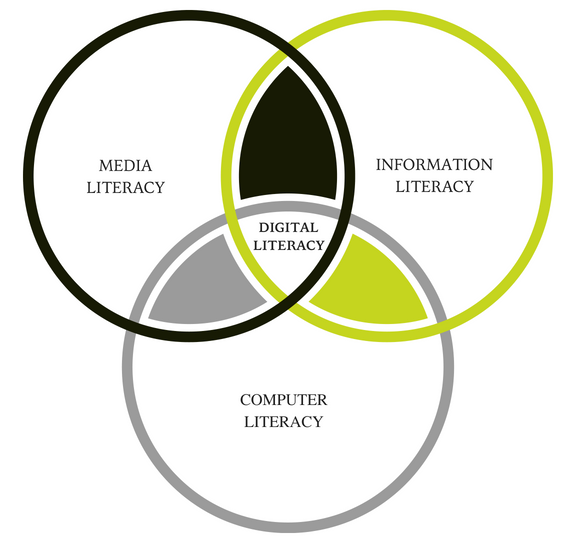Image courtesy of www.cp-africa.com
In Kenya, effective and operational governance is posited to; facilitate better and efficient delivery of information and services to the citizens, promote productivity among public servants, encourage participation of citizens in government and empower all Kenyan citizens. Through devolution, apart from raising the visibility of governors and county leadership, e-government and ICT facilities have been used to establish enhanced communication directly with citizens.
iHub has conducted previous studies on the adoption and usage of various ICTs in local governments and the results have underpinned the benefits resulting thereof. However, amid all these benefits, various challenges have resulted in poor service delivery and management. Delivery of infrastructure and services (Access), financial management, institutional and legal framework (Safety), human resource capacity (Literacy) and managing rapid growth, have been challenges during the adoption of ICTs. The resulting disparity between the ideal situation and the real one is a knowledge gap that needs to be filled, hence the need for a solution.

iHub, in February 2019, launched a research program that would look into using communities of practise as means for creating a platform for co-creation of solutions to problems ailing County Governments, through adopting ICT tools as the means for delivery. The project involved conducting a needs assessment to ascertain the citizen’s knowledge attitude and behaviour around adoption and use of available ICT platforms available in the counties. This process also assessed just how much County governments involve citizens in solutions mapping exercises and execution.
Our findings from Uasin Gishu County, for example, were that even with an ICT Strategic plan that is integrated into the CIDP (County Integrated Development Plan), with the Planning Department tasked with monitoring the implementation of the strategy, there was still a huge divide, especially when it came to citizens. Even one of the counties flagship tool, the Information Communication Portal (ICP – for reporting corruption and other county related matters) had not been taken up by citizens. Access was still a problem, but most of all, digital literacy was lacking in more that 70% of the respondents we interviewed. Inasmuch as most of the youth in the County had access to smartphones, they still lacked the basic skills to navigate effectively and safely through various digital platforms, including those created by the County government.
The above findings, coupled with other results from previous research in Nairobi, Kisumu and Nakuru Counties lay the foundation for promotion of co-creation as a means for effective governance and long lasting solutions building through communities of practice (CoPs). COnsequently, the iHub Research team supported the creation of three CoPs operational in three Counties (Kisumu, Mombasa and Uasin Gishu) comprised of both members of the public (CSos, CBOs and Youth Organization reps) and County government officials. According to wenger-trayner.com, CoPs are groups of people who share a concern or a passion for something they do or a common problem and learn how to do it better/solve it better as they interact regularly. The creation of these CoPs was with the hope that county governments can break the cycle for top-down approach and adopt a more consultative and co-creative style to development.
One of the major problems identified across all three counties was unemployment. The CoPs were able to dissect the root causes of this issue, formulate solutions together and assign roles to the various teams. The result of this so far has been that more than 2000 youth, women and persons with disabilities have been reached by sensitization messages on advantages of utility of ICT tools in the counties, on how to access different opportunities (economic, academic, etc.) online including in the County websites, and on how to leverage on technology to find lasting solutions to perennial problems they encounter. This has been achieved in just under 1 month and the CoPs report that ICT tools have helped them break traditional barriers to information sharing and greatly increased civic participation by and large.
The truth is that technology advances and communities of practise have substantially reduced the cost involved in what hitherto would have required significant investment in rallies or public participation forums, media production and broadcast equipment, and the personnel required to run them. Such proactive co-creation and use of technology has not only improved local community engagement but also helped County governments to use their time more efficiently while driving accountability. We expect that with the complete buy-in from the County governments and citizens, co-creation can be sustainably replicated to other areas of development in the counties and communities of practice can be adopted by other counties in Kenya in the pursuit of effective solutions to the ever-changing devolution landscape.